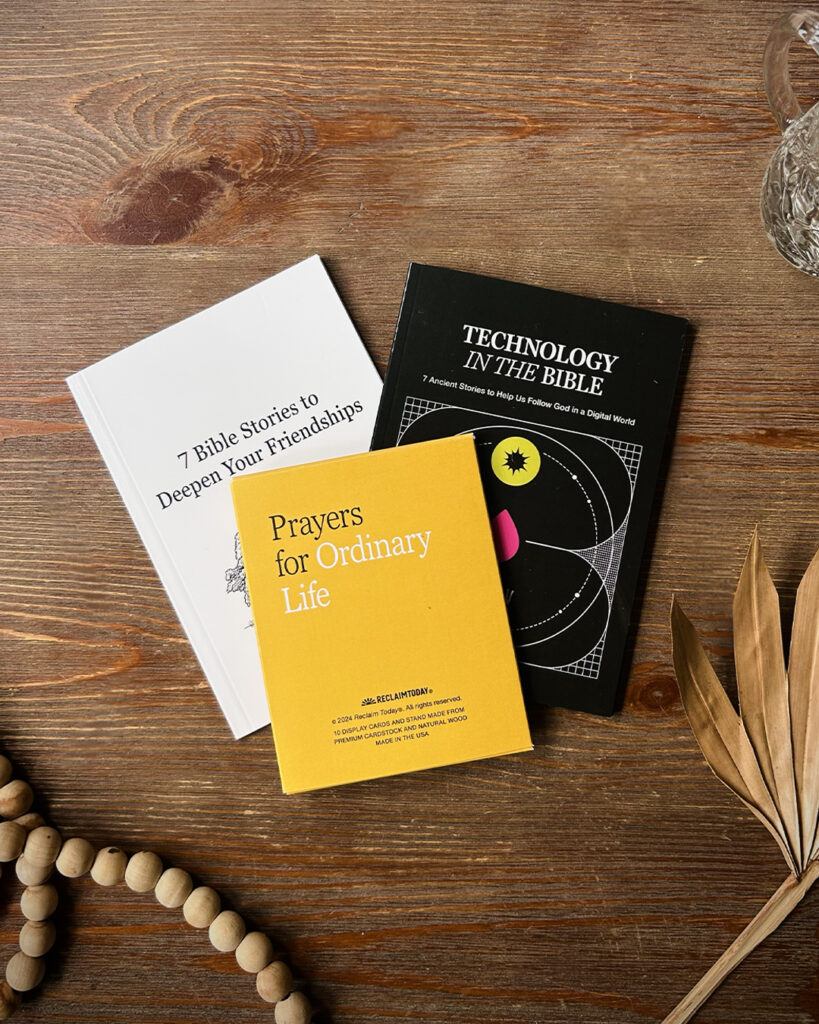When you think about Jesus on the night before he was crucified, what comes to mind?
Maybe the broken bread and poured-out wine. Maybe the garden and the sweat like blood. Maybe the betrayal.
But tucked in between those moments, there’s this quiet little verse in Mark 14:26:
“When they had sung a hymn, they went out to the Mount of Olives.”
Jesus sang.
And not just any song—he sang part of what’s known as the Hallel Psalms: a collection of worship songs from Psalms 113 to 118. These psalms were sung by Jewish communities during the great pilgrimage festivals—Passover, Pentecost, and Tabernacles. They were songs of remembrance and joy, sung around the table, passed down for generations.
The word Hallel means “praise,” and it’s where we get the word “Hallelujah” (“Praise the Lord”).
But this wasn’t surface-level praise. These psalms praise God for deliverance, provision, and protection. They celebrate God’s faithfulness to his people when they were enslaved, in distress, and in danger. They’re songs of joy, yes—but they’re also gritty. Because they praise through pain.
Let’s take a closer look at a few moments in these Psalms—and remember what Jesus was singing as he prepared for the cross.
1. Praise that begins with remembering (Psalm 113-114)
Psalm 113 starts with a call for everyone to praise God—“from the rising of the sun to its setting.” Why? Because God lifts the poor from the dust and seats them with princes.
Psalm 114 recalls Israel’s deliverance from Egypt, when the Red Sea fled and the Jordan turned back. It’s a call to remember the God who breaks through barriers and leads his people to freedom.
2. Praise that holds both suffering and trust (Psalm 115–116)
Psalm 115 reminds worshipers that God is in heaven and does what pleases him, unlike man-made idols. It’s a psalm of trust: “The Lord has remembered us; he will bless us.”
Psalm 116 is incredibly personal:
“I love the Lord, because he has heard my voice and my pleas for mercy.”
“Precious in the sight of the Lord is the death of his saints.”
This is not naïve praise, but hard-won trust. This is the kind of praise Jesus would have sung, fully knowing what was ahead.
3. Praise that looks toward victory (Psalm 117–118)
Psalm 117 is the shortest chapter in the Bible—just two verses—and simply says: “Praise the Lord, all nations! Glorify him, all peoples!”
Then comes Psalm 118, which became one of the early church’s favorite resurrection psalms. It includes:
“The stone the builders rejected has become the cornerstone.”
“This is the day the Lord has made; let us rejoice and be glad in it.”
“The Lord is my strength and my song; he has become my salvation.”
Jesus would’ve sung those lines just before heading to the garden and to the cross.
So What?
When we read or pray the Hallel psalms, we’re doing something powerful.
We’re joining a chorus of generations who’ve praised God through joy, deliverance, uncertainty, fear, and pain. We’re remembering the story of rescue that shaped Israel—and now shapes us through Christ.
Would you like to learn more about God and practice hearing his voice? We’ve got just the thing to help. Click here for a free PDF download of our 8-week journey through the Psalms!


